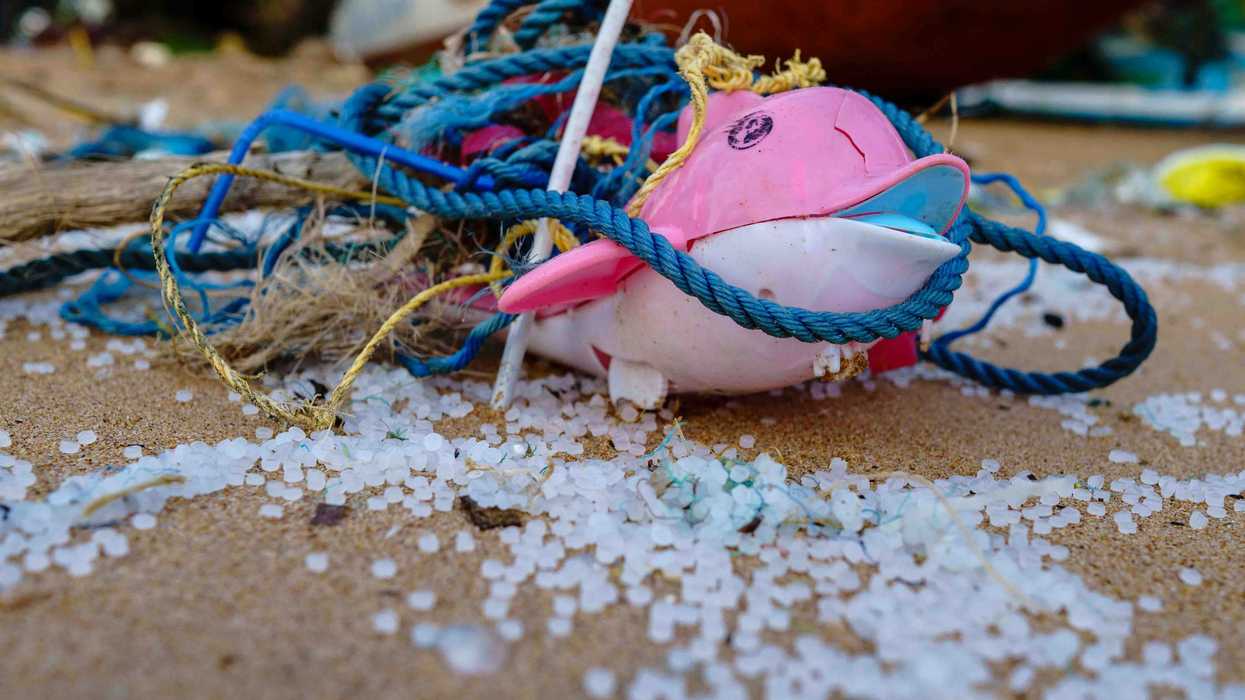A recent commentary published in The Lancet explains why plastic products for medical and health uses should not be exempt from the UN global plastics treaty.
In short:
- Single-use medical products contribute considerably to plastic pollution, despite the lack of evidence that they improve safety or hygiene.
- The authors note that messaging about plastics’ importance to healthcare is mainly pushed by the petrochemical industry and other parties that benefit from continued plastic production.
- They also point to proposed provisions - such as the phase-out of harmful chemicals and producer responsibility - that could help make medical products safer without eliminating their use.
Key quote:
“Conflating the normalisation of disposable plastics in health care with their necessity overlooks growing evidence that, for many devices, single use does not improve hygiene, while obscuring risks plastics pose to human health.”
Why this matters:
Negotiations of the UN global plastics treaty are approaching a critical juncture as delegates prepare to attend the fifth negotiating conference in November. So far, the process has been hampered by some member states’ attempts to narrow the treaty’s scope and limit the strength of its regulatory power. With growing concern over patients’ exposure to microplastics and harmful plastic chemicals through medical procedures, the authors of this commentary emphasize that the treaty must address plastics used in healthcare in order to be effective.
Related EHN coverage:
- Patients may be exposed to microplastics through medical procedures
- “Plastic will overwhelm us:” Scientists say health should be the core of global plastic treaty
More resources:
- The Scientists’ Coalition for an Effective Plastics Treaty provides fact sheets, policy briefs and other resources on the environmental and health effects of plastics.
- Subscribe to EHN’s Code Green newsletter, which collects the latest news on health care sustainability.
Street, Alice et al. for The Lancet vol. 404, 10464. Nov. 2, 2024

















